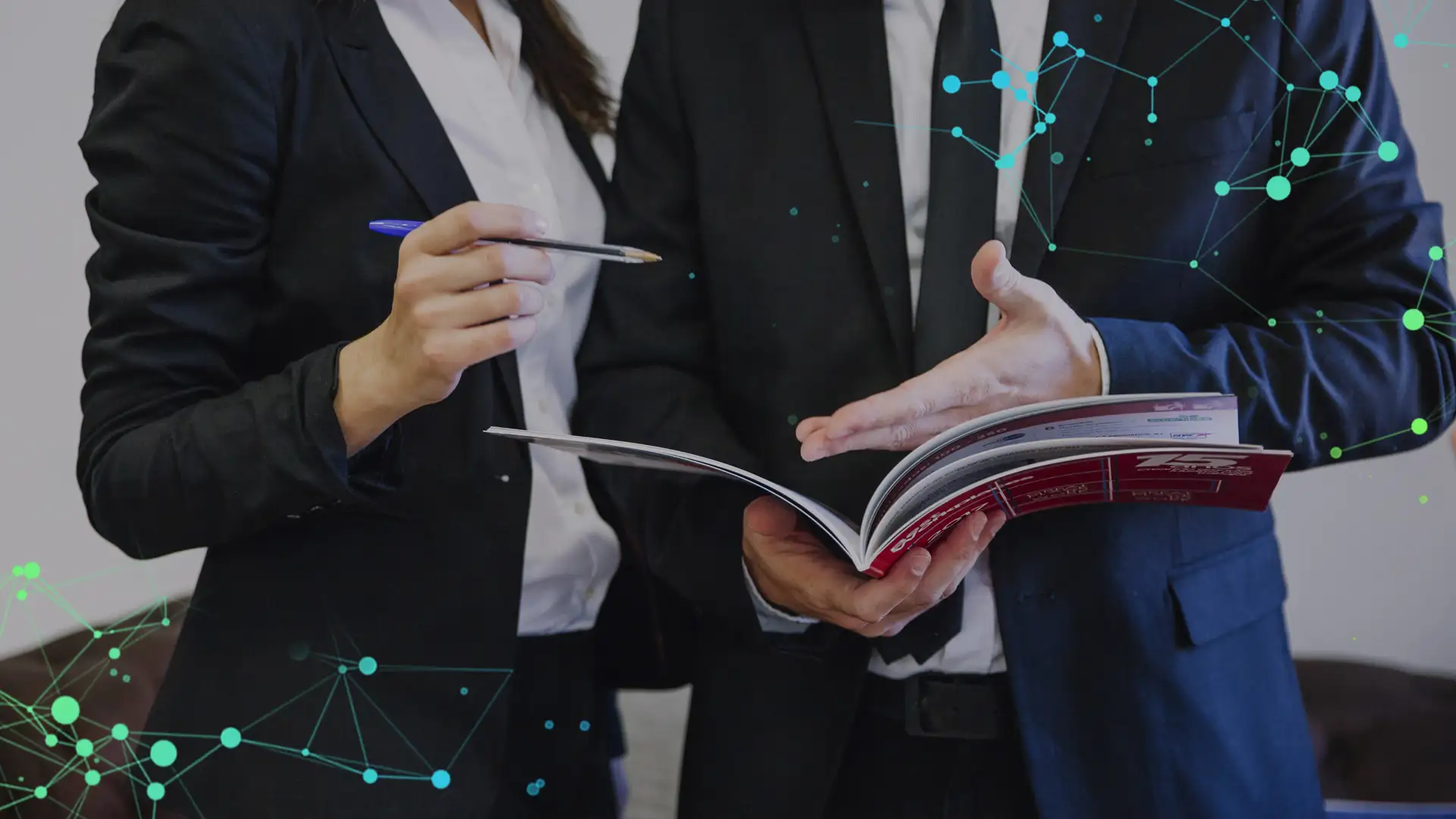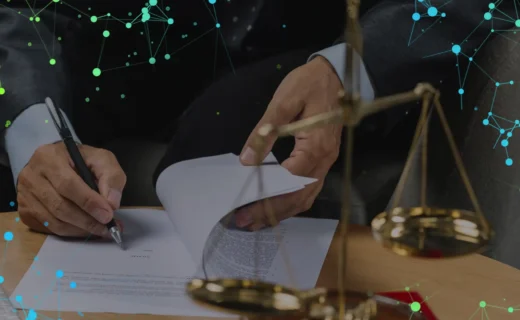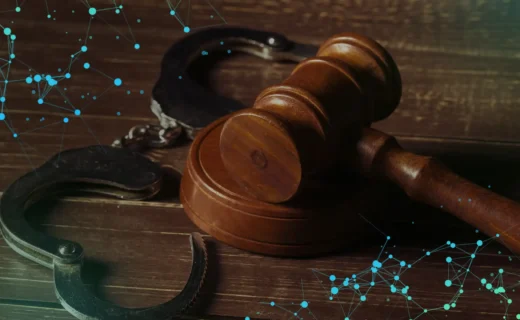Lawyer for Commercial Cases
Commercial disputes are an integral part of the business world, where companies may face legal challenges that affect their operations and financial standing. In such cases, the role of lawyers becomes critically important.
Specialists in this field help businesses navigate the complex legal landscape, ensuring the protection of their clients’ interests and helping find effective solutions to resolve conflicts. A lawyer in commercial cases not only represents the client in court but also provides consultations, develops defense strategies, and helps avoid potential risks.
Defining the Main Competencies of a Commercial Lawyer
A commercial lawyer possesses a set of skills and knowledge necessary to effectively resolve legal problems for businesses. Their main task is to determine the most effective course of action based on the specific circumstances of the case. The specialist’s competence also includes:
- In-depth knowledge of commercial law. The lawyer must have a thorough understanding and knowledge of commercial law, including legislation on business activities, contract law, tax law, corporate law, and more.
- Court experience. The lawyer must have practical skills in handling cases in commercial courts, preparing claims, responses, appeals, and other procedural documents.
- Analysis and strategy. The ability to analyze a case, develop a legal strategy to protect the client’s interests, assess the prospects for resolving the case, anticipate potential risks, and consider different outcomes.
- Contract expertise. Competence in drafting, analyzing, and executing commercial contracts, including sales, supply, rental, and licensing agreements, as well as the ability to defend the client’s interests in case of a contract breach.
- Mediation and negotiations. Skills in conducting negotiations and mediation to reach agreements between parties.
All of these skills and knowledge are possessed by the legal specialists at Dextra Law. We take on the most complex cases and professionally resolve them in favor of the client.
The Importance of Pre-Trial Settlement in Commercial Cases
Pre-trial settlement of disputes is an important stage in commercial cases that promotes effective and mutually acceptable conflict resolution, reduces costs, and preserves business reputations. This process includes the following steps:
- thorough study of the situation;
- involvement of a mediator;
- conducting mediation.
Negotiations between the parties allow for compromise solutions without the need for court intervention. This not only saves time and resources but also preserves business relationships that might be jeopardized by lengthy legal proceedings. During negotiations, the lawyer acts as a mediator, helping the parties find a mutually acceptable solution and determining the most optimal path to resolve the conflict.
Another important aspect is the drafting and signing of settlement agreements. It is important to note that the settlement agreement is made after the court process has started or directly in court. Before this stage, mediation and negotiations can be used to reach preliminary agreements. The settlement agreement fixes all conditions for resolving the dispute and ensures the legal force of the agreements, helping avoid further disputes.
Before signing any agreements or reaching a compromise, the lawyer conducts a thorough analysis of all documents to ensure their legal correctness and compliance with all regulatory requirements. This helps avoid legal risks and protects the rights and interests of the client.
Court Representation
If pre-trial settlement does not yield results, the lawyer represents the client in the commercial court, ensuring the protection of their interests. The specialist takes responsibility for representing the client’s interests in the commercial court. This includes preparing procedural documents such as claims, responses, complaints, and other important documents. They also represent the client during court hearings, negotiate with the other party, and carry out procedural actions aimed at achieving the desired outcome.
The lawyer also participates in appellate and cassation proceedings. If the decision of the first instance court is unsatisfactory for the client, they can file an appeal or cassation complaint. The lawyer prepares reasoned statements for the review of the case in higher courts, represents the client at hearings, and fights for a reconsideration of the decision if necessary to achieve a fair result.
Support During Bankruptcy Proceedings
Legal support during bankruptcy proceedings includes providing consultations and legal assistance to the client at all stages of this complex process. The lawyer provides consultations and legal support throughout the bankruptcy procedure. This includes preparing and submitting all necessary documents to the court, such as bankruptcy petitions, financial reports, and restructuring plans. The specialist also develops strategies to optimize the outcome of the procedure, helps in negotiations with all parties, and ensures compliance with the law during the process.
Protecting the client’s interests in relations with creditors is a crucial part of the lawyer’s work during bankruptcy. They represent the client in negotiations with creditors, help agree on debt repayment terms or restructuring of liabilities. The lawyer ensures that the client’s rights are adequately protected, prevents potential violations, and helps achieve the most favorable terms for the client.
The Specifics of Commercial Cases
Typical commercial disputes that can significantly impact the operations of businesses include:
- Disputes over the conclusion, execution, and termination of contracts. These arise when one party fails to fulfill its obligations under the contract or when there are disputes about its conclusion or termination. For example, this could involve a situation where one company does not deliver goods or services as agreed, or there is a conflict due to the non-compliance of the delivered goods with the contract terms. Such disputes often require legal analysis of the contract terms and proof of obligations being met.
- Debt collection and penalty disputes. This type of dispute relates to situations where one party fails to pay debts or penalties. For example, a company may go to court to collect an unpaid amount from a counterparty or to challenge imposed fines for breach of contract or other legal norms. It is important here to gather all documents that prove the debt and properly file a claim.
- Corporate disputes between co-founders. In business, conflicts often arise between co-founders or shareholders over company management, profit distribution, contributions to capital, or other corporate governance issues. Such disputes may involve changes in the shareholder composition, stock distribution, as well as issues related to strategic decisions within the company. Resolving them may require reviewing corporate documents, the company’s charter, and other legal aspects.
Features of Court Proceedings
Typically, the standard process for court proceedings in commercial cases looks like this:
Procedures and Stages of Court Proceedings in Commercial Cases
The procedure begins with filing a claim with the commercial court. The claim must contain all the necessary details, evidence, and justification for the claims. At this stage, the court checks the claim’s compliance with legal requirements and determines its admissibility.
After filing the claim, the court schedules a preparatory hearing, where issues regarding the preparation of the case for the main court hearing are considered. This includes matters such as the scope of evidence, the possibility of reaching a settlement agreement, and other organizational aspects.
The main stage is the hearing of the case in court. The court hears the parties, their evidence, witnesses, and experts. During the court proceedings, the lawyer presents the client’s position, argues their case, and answers the court’s questions. After the court hearing is completed, the court renders a decision, which may be appealed if one of the parties disagrees with the outcome of the case.
If the court’s decision has entered into force, it must be enforced. This may include debt collection, performance of obligations, or other actions in accordance with the court’s decision.
Specifics of Preparing and Filing Procedural Documents
Procedural documents (claims, responses, objections) must comply with the legal requirements regarding format and content. They must contain clear justification for the claims or objections, references to the relevant laws, and necessary evidence.
There are specific deadlines for filing procedural documents that must be adhered to. Failure to meet the deadlines may result in the documents being rejected or negative consequences for the case. The lawyer ensures that all documents are properly prepared, signed, and certified where necessary. This also includes ensuring the proper presentation of evidence, such as contracts, invoices, testimonies, and so on.
Preparing documents also involves collecting and organizing evidence that will be used to support the client’s position. This may include requests for documents, expert opinions, testimonies, and more.
In commercial cases, there are other important processes that may differ in their nature and procedural requirements. For example:
- arbitration proceedings;
- enforcement proceedings, which involve the implementation of the court’s decision, possibly including asset seizure or debt collection;
- judicial oversight of compliance with the law;
- bankruptcy procedures;
- appellate, cassation proceedings, and more.
The lawyers at Dextra Law have extensive practical experience in resolving commercial cases, enabling them to effectively handle various complex situations. We offer a wide range of legal services, from pre-trial settlement of disputes to court representation and support during bankruptcy procedures. Our specialists respond quickly to changing situations and promptly adjust their strategies to achieve maximum results.
If you are looking for reliable legal support for resolving commercial disputes or managing business-related legal issues, contact Dextra Law. Our team is ready to provide you with highly qualified assistance and ensure effective protection of your interests. Get in touch with us today for a consultation and to learn more about how we can help your business.




